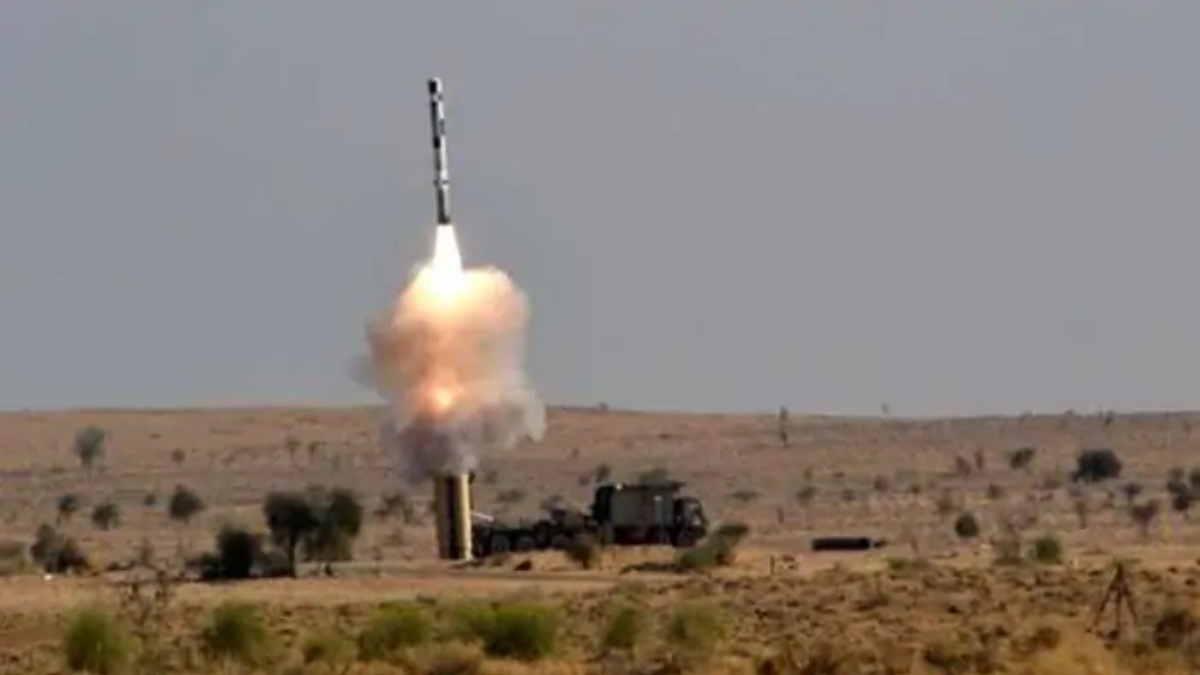In a momentous development for the Indian Navy, the Cabinet Committee on Security has given the green light for the acquisition of over 200 BrahMos extended-range supersonic cruise missiles to be deployed on its warships. With an estimated value of around Rs 19,000 crore, the deal obtained approval during a meeting held on Wednesday evening, according to credible government sources.
The formal contract for the BrahMos missiles is anticipated to be signed in the initial week of March, formalizing the agreement between BrahMos Aerospace and the Ministry of Defence. These missiles play a pivotal role as the primary armament for anti-ship operations and attacks on Indian Navy warships, regularly undergoing firing exercises.
BrahMos Aerospace, a collaborative effort between India and Russia, specializes in the production of supersonic cruise missiles deployable across submarines, ships, aircraft, and land platforms. A substantial portion of the missile’s components has been indigenized, reflecting a growing domestic production capability.
The BrahMos missile is on the verge of being exported to the Philippines, marking a significant milestone as its inaugural international customer. Various Southeast Asian nations have also shown keen interest in acquiring and deploying this advanced missile system.
Atul Rane, the head of BrahMos Aerospace, has outlined an ambitious plan to achieve a USD 5 billion export target, as set by Prime Minister Narendra Modi. Building on the success of the initial export deal with the Philippines valued at 375 million dollars, the company aspires to achieve the USD 5 billion target by 2025.
The joint venture has successfully conducted test firings of the BrahMos missile, showcasing a substantial level of indigenous content, including an indigenous seeker. This strategic move to export the BrahMos missile system is poised to open doors for other successful Indian weapon systems, such as the Akash missile and ATAGS howitzers, in the global defense market.
India’s defense industry is actively engaged in improving the quality of its hardware to compete globally and secure success in international export markets. Indian defense systems are gaining visibility in foreign nations, and some public sector units have established offices in potential markets to facilitate sales and provide support.










